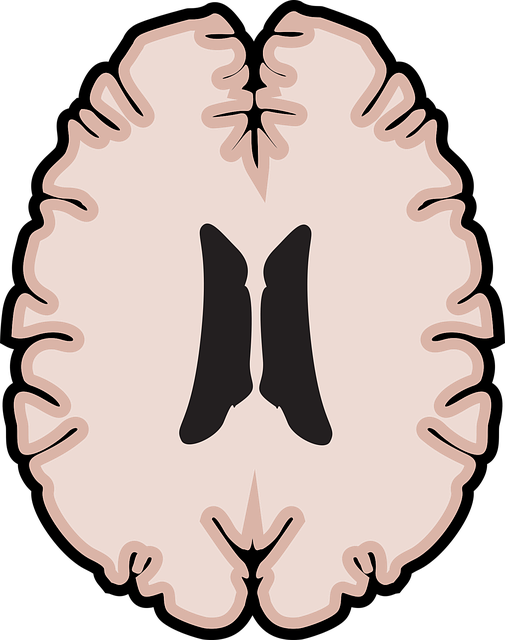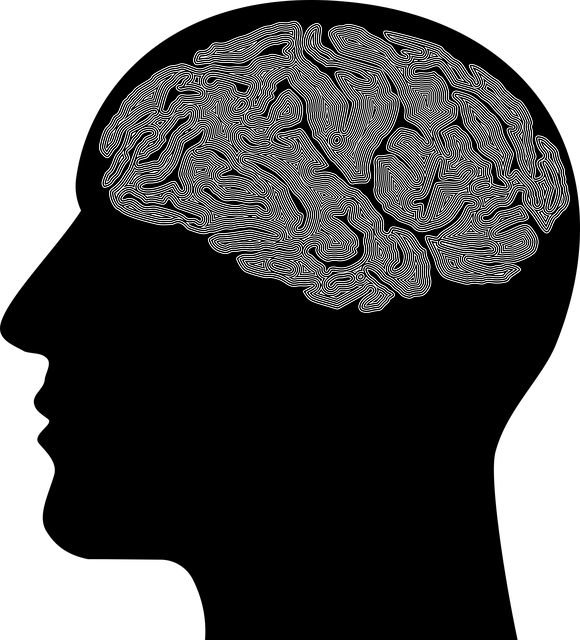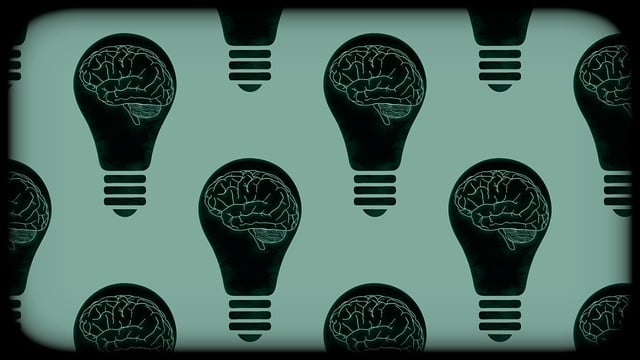Northglenn Gender Identity Therapy (NGT) provides specialized support for individuals struggling with substance abuse, particularly those navigating their gender identity. By addressing mental health disorders, stress, and environmental factors, NGT offers evidence-based strategies like mood management, self-care routines, and mental wellness coaching to reduce risks and promote long-term sobriety. Their holistic approach, including individual therapy, support groups, and community engagement, fosters emotional healing, stress management, and trauma resolution, making them a leading solution for substance abuse prevention and recovery within the local community.
Substance abuse poses significant risks to individuals and communities. This article explores comprehensive risk reduction strategies, focusing on evidence-based approaches for long-term recovery. We delve into the critical role of Northglenn Gender Identity Therapy in mitigating risks associated with substance misuse. Additionally, we discuss creating supportive environments, community engagement, and accessing resources that foster successful rehabilitation. By understanding the complexities of substance abuse, we can better navigate paths to healing and well-being.
- Understanding Substance Abuse and Its Risks
- The Role of Northglenn Gender Identity Therapy in Risk Reduction
- Creating a Supportive Environment for Recovery
- Evidence-Based Strategies for Long-Term Success
- Community Engagement and Access to Resources
Understanding Substance Abuse and Its Risks

Substance abuse is a complex issue that can stem from various underlying factors, including mental health disorders, stress, and environmental influences. It’s crucial to recognize that substances can significantly impact an individual’s physical and mental well-being, leading to a range of risks and adverse effects. Northglenn Gender Identity Therapy (NGT) offers specialized support for individuals navigating these challenges, addressing the unique needs of those in recovery or struggling with substance abuse.
Understanding the dangers associated with substance abuse is essential for developing effective risk reduction strategies. Mood Management techniques, often incorporated into NGT practices, can help individuals regulate their emotions and cope with triggers without resorting to substances. Additionally, fostering Self-Care Routine Development for Better Mental Health and participating in Mental Wellness Coaching Programs can empower people to take proactive steps towards recovery and maintain long-term sobriety. These holistic approaches not only support mental wellness but also provide valuable tools for navigating life’s challenges without relying on harmful substances.
The Role of Northglenn Gender Identity Therapy in Risk Reduction

Northglenn Gender Identity Therapy plays a pivotal role in reducing risks associated with substance abuse, especially for individuals navigating their gender identity. This therapeutic approach goes beyond traditional counseling by offering a safe space where clients can explore and understand their emotions, challenges, and unique experiences related to their gender expression. Through tailored sessions, the therapy facilitates positive thinking, helping individuals develop coping mechanisms that reduce reliance on substances as a form of self-medication.
The process involves nurturing emotional healing by cultivating compassion towards oneself and others, which is a powerful tool in managing stress and trauma often linked to substance abuse. By incorporating compassion cultivation practices, clients learn to regulate their emotions healthily, fostering resilience and a deeper sense of well-being. This holistic approach not only addresses the symptoms but also aims to prevent future relapses, making it an effective strategy in long-term risk reduction for substance abuse within the Northglenn community.
Creating a Supportive Environment for Recovery

Creating a supportive environment is a cornerstone in any substance abuse recovery journey. This involves fostering a safe and non-judgmental space where individuals, especially those navigating their gender identity, can freely express themselves and seek help. Northglenn Gender Identity Therapy, for instance, prioritizes this by offering specialized services tailored to the unique needs of transgender and non-binary clients. Through individual therapy sessions, support groups, and educational workshops, this therapeutic setting empowers clients to develop coping skills essential for managing addiction and its underlying mental health issues.
The process extends beyond therapy rooms, encouraging community-wide Mental Illness Stigma Reduction Efforts. By promoting understanding and empathy, Northglenn Gender Identity Therapy contributes to a broader risk management planning framework for mental health professionals. This collaborative approach ensures that individuals in recovery have access to holistic support, enhancing their chances of long-term success and fostering a more inclusive society where everyone can pursue and sustain a healthy life free from substance abuse.
Evidence-Based Strategies for Long-Term Success

Evidence-based strategies play a pivotal role in achieving long-term success in substance abuse recovery. Northglenn Gender Identity Therapy, for instance, has proven effective in addressing the unique needs of individuals identifying as transgender or non-binary, offering specialized care tailored to their experiences and challenges. This approach acknowledges the complex interplay between gender identity and substance abuse, fostering a supportive environment that promotes healing and personal growth.
Integrating practices like Mental Wellness Journaling Exercise Guidance and Self-Care Routine Development for Better Mental Health is another powerful strategy. Journaling allows individuals to process emotions, track triggers, and reflect on progress—a form of mindfulness that strengthens coping mechanisms. Meanwhile, cultivating a self-care routine addresses underlying mental health issues, reduces stress, and prevents relapse by promoting overall well-being, much like Burnout Prevention Strategies for Healthcare Providers focus on maintaining resilience in high-stress professions.
Community Engagement and Access to Resources

In the fight against substance abuse, community engagement plays a pivotal role. Northglenn Gender Identity Therapy recognizes that building strong, supportive communities is a powerful tool in risk reduction. By fostering connections and promoting open dialogue, individuals struggling with addiction can find encouragement and access vital resources within their own neighborhoods. This grassroots approach ensures that support networks are readily available, reducing isolation and barriers to seeking help.
Community initiatives also provide opportunities for education and early intervention. Through workshops, social events, and peer support groups, Northglenn Gender Identity Therapy encourages residents to learn about addiction, its signs, and available treatment options. Additionally, integrating practices like Mindfulness Meditation, Communication Strategies, and Social Skills Training into community programs equips individuals with healthy coping mechanisms and enhances their overall well-being, thereby minimizing the risk factors associated with substance abuse.
Substance abuse poses significant risks, but with comprehensive strategies like those offered by Northglenn Gender Identity Therapy, recovery is achievable. By understanding the problem, creating supportive environments, implementing evidence-based practices, and engaging communities, we can significantly reduce these risks. Access to resources, coupled with a holistic approach, ensures better outcomes for those seeking to overcome substance abuse.














